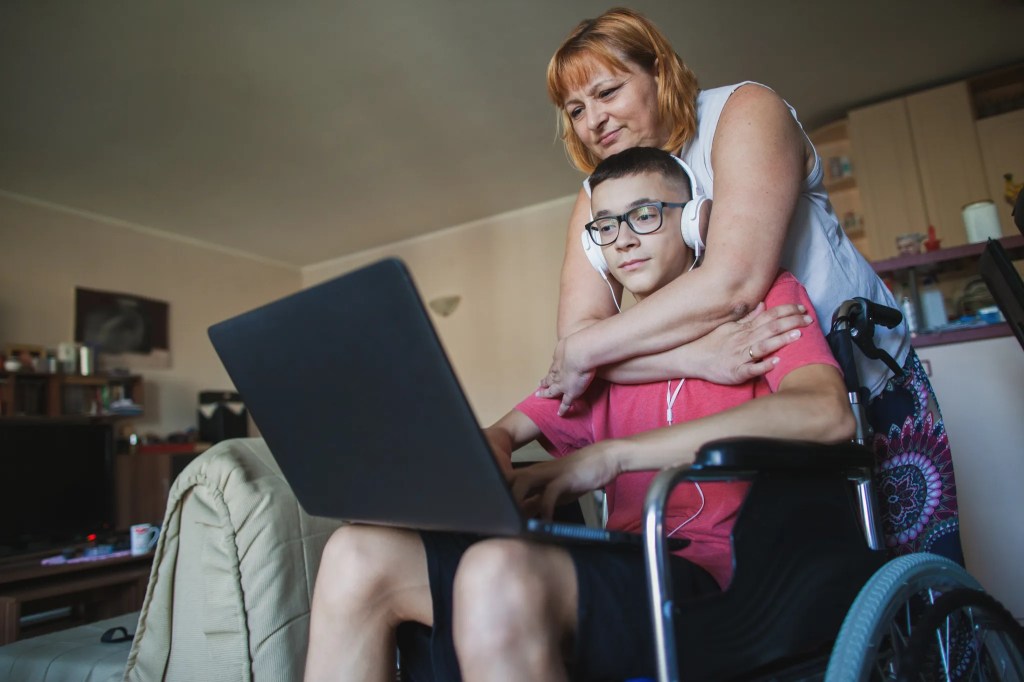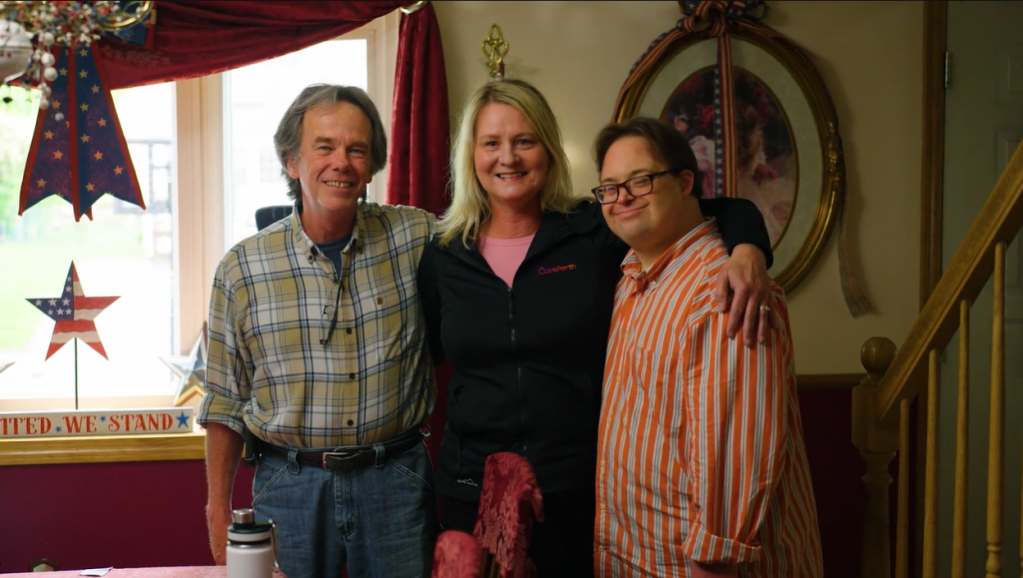
The Caregiver’s Role in Creating An Effective End-of-Life Care Plan
End-of-life planning is a part of an estate plan that caregivers are often in the position to help establish for their loved ones. It formalizes the wishes of the person you care for, documenting their desires for what they’d like to happen at the end of their life. In short, an end-of-life care plan includes a summary of a person’s health conditions, medications, healthcare providers, emergency contacts and end-of-life care wishes, including advance directives.
While having these end-of-life plan of care conversations as a caregiver may be difficult, having open discussions with your loved one and his or her family members help to keep everyone moving forward in the same direction.
Items Caregivers May Need to Facilitate an End-of-Life Plan:
- Last will and testament – This document describes how a person would like their assets distributed upon their death. People with minor children can also designate the people who will care for their children in the event both parents pass away.
- Power of attorney – In the event a person can no longer make their own medical, financial, and legal decisions, they may designate the person authorized to make those decisions on their behalf.
- Living will – Also known as an advance healthcare directive, this document lays out a person’s medical choices in advance to be used in the event they are incapacitated and unable to make decisions on their own. Common medical decisions people address include if/when they would like Cardiopulmonary Resuscitation (CPR) administered, if/when they would like a feeding tube and if/when they would like mechanical ventilation.
- Living trust – When a grantor signs a trust agreement, this allows a person to transfer ownership of their assets to a trust account. A trustee must be assigned to help distribute the assets in the account upon the grantor’s death or if they are unable to control their own finances.
- Organ and tissue donor designation – If someone desires to donate their organs and/or tissues after death, this document lays out the agreement and details.
To be sure, end-of-life caregiving support is difficult and there is support for caregivers available. Careforth services offer expert guidance for caring for your loved one throughout your caregiving journey. Contact us to learn more about how Careforth supports caregivers in their journey.
More insights like this:
-

Challenges Caregivers Face in Personal Relationships
Read more: Challenges Caregivers Face in Personal RelationshipsEveryone has different expectations for the challenges that a caregiving role might bring, such as the difficulty of managing a loved one’s medical needs or transporting them to appointments. But there are social impacts for caregivers as well. Caregiving goes beyond helping a loved one with health and wellness at home; it can…
-

Caring For Your Child With Disabilities
Read more: Caring For Your Child With DisabilitiesAccording to AARP’s Caregiving in the U.S. 2020 Report, 14.1 million caregivers provide care for children ages 0-17. In addition, one-in-ten parents in the U.S. provide over two and a half hours of unpaid care a day to an adult child. That’s a lot of care. A lot of dedication. And a lot…
